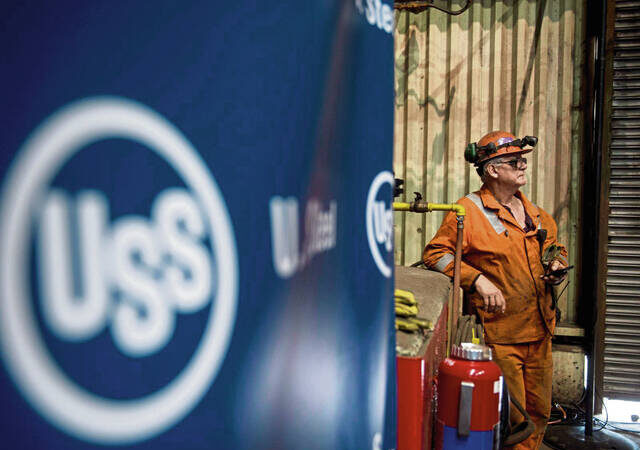
On the campaign trail in 2020, Joe Biden promised to be the most pro-union president in American history, and since taking office, he has championed the mantra “Invent it Here, Make it Here.” Both are lofty goals that should be welcomed by the American public, but have the promise of such policies lived up to reality?
The president’s commitment is evident in legislation his administration has advanced to help bolster American innovation and manufacturing across various sectors such as the Inflation Reduction Act and the CHIPS Act. A series of recent high profile strikes supported by the White House that have led to significant pay and benefits increases for rail and auto workers, meanwhile, has led experts to dub 2023 the “year of the labor union.”
However, a critical misalignment exists between White House efforts to promote domestic manufacturing and the regulatory policies of the Environmental Protection Agency. Correcting this discrepancy will be necessary to ensure that we support rather than hinder American manufacturing and the good-paying union jobs that often come with it.
The Biden administration’s emphasis on U.S.-made steel as a linchpin for modernizing infrastructure, in particular, has made the industry a significant focus of these “Buy American” efforts. Legislation, such as the bipartisan infrastructure package, mandates that federal funds for public projects can only be allocated if all iron, steel, manufactured products and construction materials used are produced in the U.S. Guidelines released in February, meanwhile, have further reinforced this commitment by instructing federal agencies on how to purchase domestically manufactured steel for infrastructure projects.
However, the EPA’s actions have contradicted these policies, placing unwarranted restrictions that have had a negative impact on domestic steel production.
The EPA’s interference in Pennsylvania, which has historically been at the epicenter of the steel industry in the United States, exemplifies this issue at hand. The agency recently objected to an existing operating permit issued by the Allegheny County Health Department and is considering placing new onerous restrictions on Clairton Coke Works, the country’s largest producer of a vital raw material for steel and employer of around 1,400 highly skilled United Steelworker union-represented and nonrepresented employees.
Such measures will only lead to increased costs for this facility and others like it at a time when steel prices are already soaring, making it more difficult to secure the supply chain for this important material and raising prices on many goods for American consumers. It could also undermine Biden’s labor pledge by putting large numbers of unionized steel employees out of work and undermine his goals of supporting a greener, more sustainable economy with domestic manufacturing.
Moving forward, balancing environmental concerns with economic viability will be crucial when it comes to setting emissions standards, as overly stringent requirements risk harming the competitiveness of American domestic manufacturing. Excessive operating costs and overbearing regulations would have a cascading effect, exacerbating inflationary pressures and undermining key policy priorities of the Biden administration such as ushering in a green revolution and promoting U.S. manufacturing and unionized labor.






